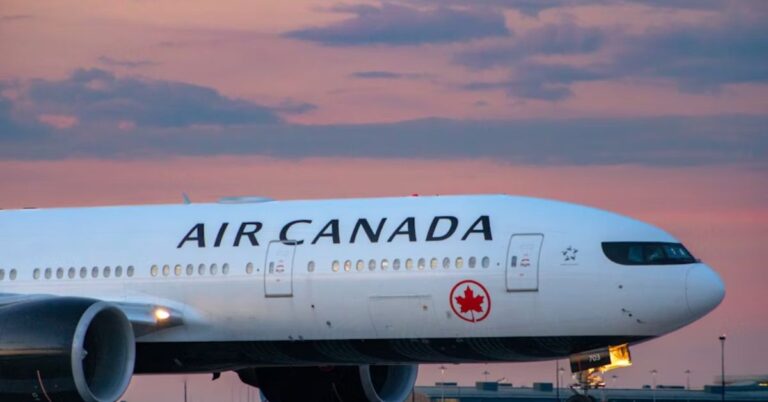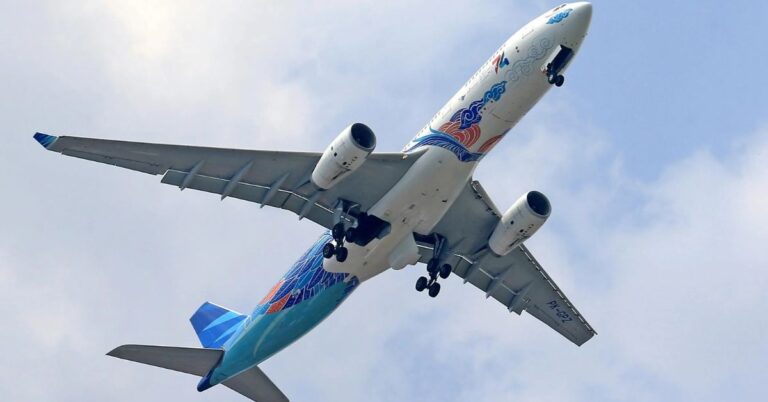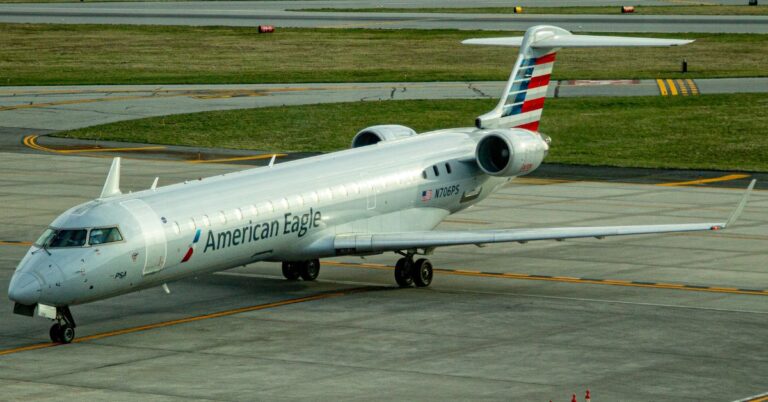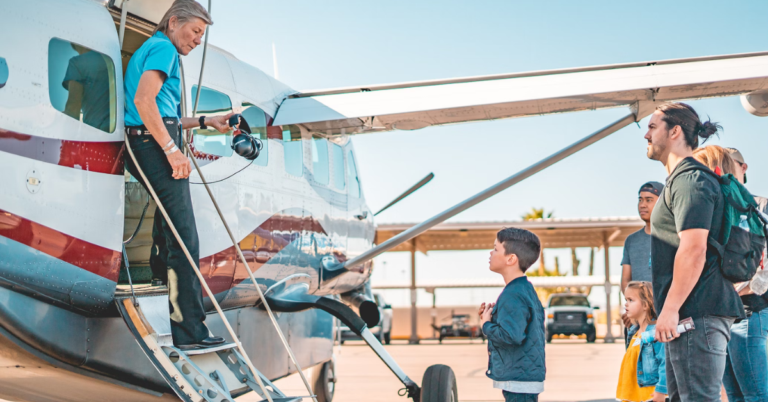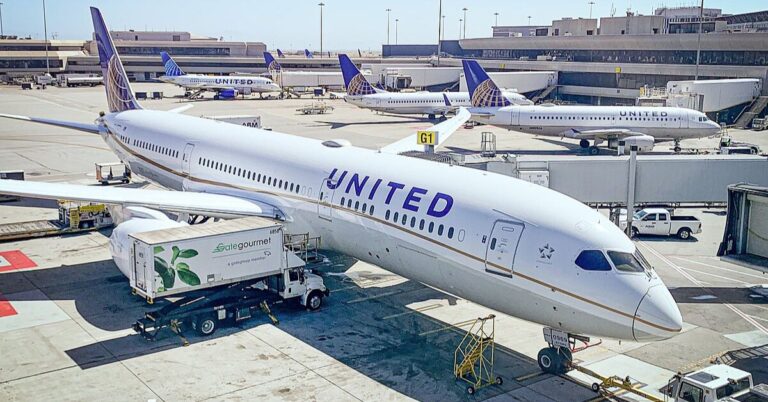15 Airplane Passengers Who Make Flying Less Enjoyable, Plus Tips On How To Handle Them

Air travel brings together people from all walks of life, yet some behaviors spark frustration faster than turbulence. Confined spaces magnify social quirks, turning minor habits into major annoyances. While some passengers disregard basic etiquette, others seem unaware of their impact. If you’ve ever felt trapped by inconsiderate seatmates, here are the travelers most likely to test your patience.
The Seat Recliner

One moment, you’re comfortably settled; the next, your personal space shrinks as the seat in front suddenly drops back. While reclining is a right, doing so without considering the person behind can be disruptive, especially when meals or laptops are involved. If you find yourself in this situation, a polite request often works.
The Loud Talker

Everyone appreciates friendly conversation, but some passengers take it too far, speaking too loudly or taking phone calls as if they’re in a bustling cafe. While engaging in small talk is part of the travel experience, excessive noise can be frustrating. Subtle cues, like putting on headphones or giving short responses, signal a preference for quiet.
The Armrest Hog

Armrests are prime real estate, and some travelers stake their claim without considering their seatmates. The unwritten rule says the middle passenger gets both armrests, but disputes often break out when personal space is overlooked. A friendly remark or shifting posture can encourage balance. Airlines might even explore seat designs that give everyone fair access to armrests.
The Barefoot Passenger

Comfort is important on long flights, but some overlook common courtesy—removing shoes, stretching feet onto seats, or even walking to the restroom barefoot. Though they don’t perceive it, the impact is real for those around them. Responding with clarity and care helps. (“Hey, mind keeping feet off the seat?”) can help maintain hygiene standards.
The Overhead Bin Stuffer
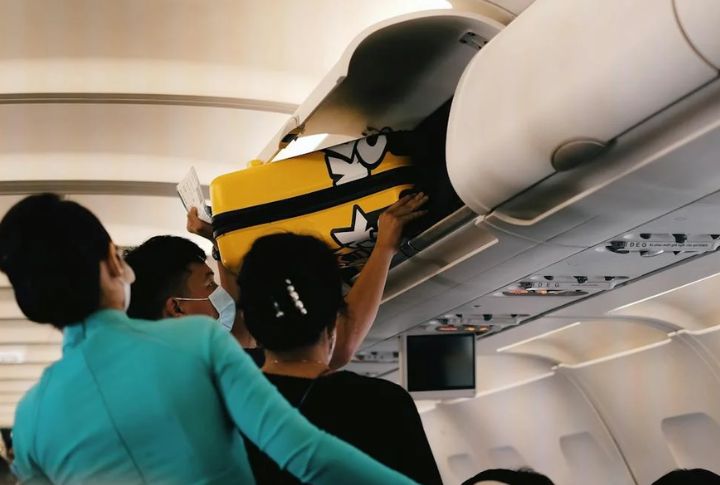
Storage space is tight, and other passengers make it worse by stuffing bins with oversized luggage, leaving little room for others. While it’s tempting to rush aboard and claim space early, more thoughtful packing helps everyones. If faced with a bin hog, politely asking for fair distribution or getting a flight attendant involved can help.
The Nonstop Fidgeter
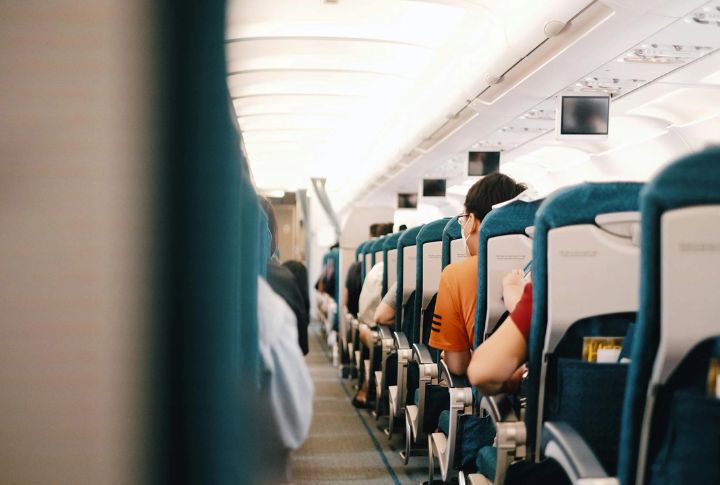
From restless tapping to sudden seat shifts, fidgeters make close quarters even tighter. Not all physical shifts are intentional—some are simply reflexive, but excessive motion can unsettle seatmates. If sitting next to one, adjusting posture or gently mentioning the disruption may help.
The Excessively Social Passenger
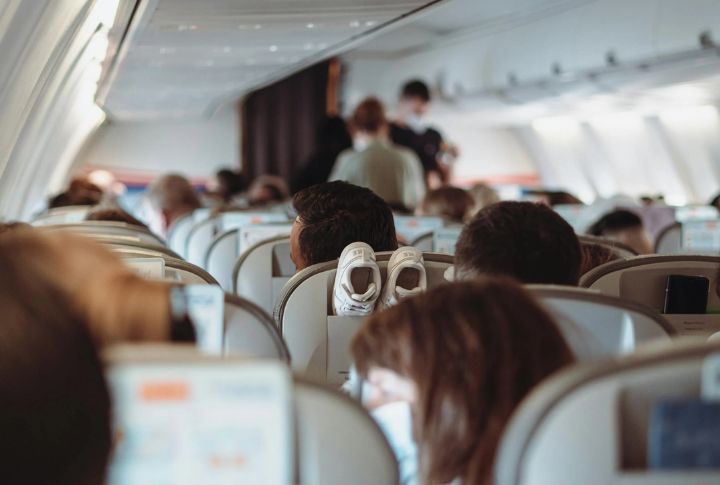
A good conversation can make time pass quickly, but some travelers don’t recognize when their seatmate prefers silence. At times, friendliness is appreciated. Nevertheless, overly eager chatter can be draining. Headphones, books, or minimal responses signal disinterest without being rude. Those who enjoy socializing should read body language and respect quieter preferences.
The Messy Eater

Between crumbling snacks, strong-smelling meals, and careless spills, in-flight eating is an issue. Dining onboard is expected, though neglecting tidiness creates unnecessary hassle. If faced with a messy eater, a light remark (“Careful, I don’t want my laptop covered in crumbs!”) may encourage mindfulness.
The Early Recliner

Settling in for a long flight is expected, yet reclining too early can create unnecessary discomfort. Those needing legroom might struggle, especially during meal service. While confronting this mid-flight isn’t ideal, strategic seat selection, such as exit row or bulkhead seats, can minimize frustration.
The Passenger Who Blocks Aisles
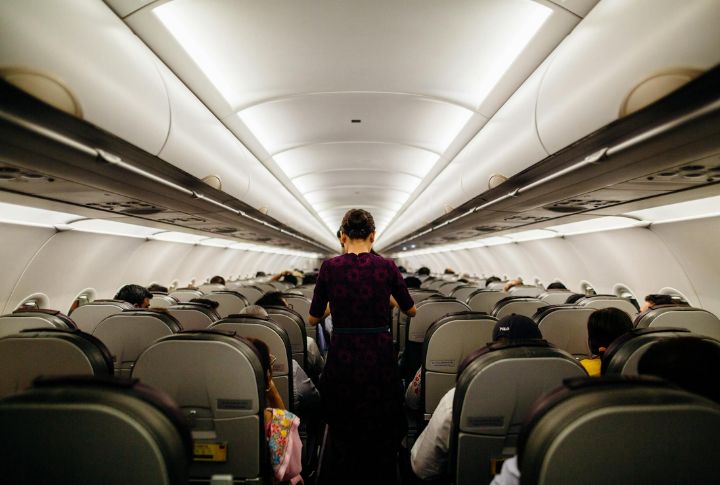
Whether standing idly during boarding or stretching mid-flight, some travelers unknowingly cause congestion. Blocked aisles lead to delays and discomfort, particularly during meal service. A simple request (“Could I squeeze by?”) can encourage movement without confrontation. Flight attendants play a key role in managing aisle flow and ensuring smooth transitions for all passengers.
The Entertainment Intruder
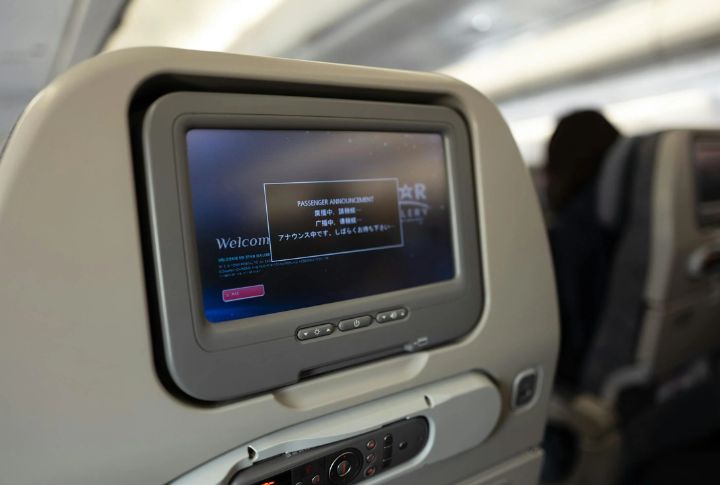
Few things are more frustrating than someone peering over your shoulder, watching your screen as if they were invited. Whether it’s a movie, a private message, or a work document, personal space matters. If you find yourself next to an entertainment intruder, adjusting your screen angle or subtly shifting your posture can help reclaim privacy.
The Overly Demanding Customer
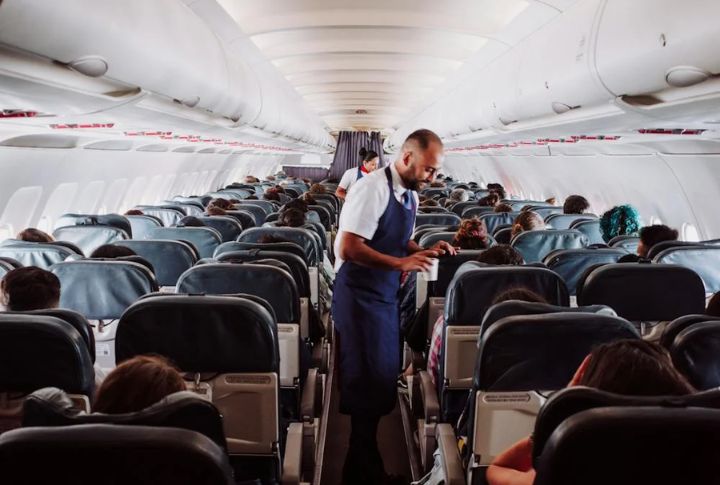
Some passengers treat flight attendants like personal assistants, making endless requests for trivial matters. Good service enhances the flight, yet unreasonable expectations can create unnecessary delays. If seated near one, patience is key—flight attendants are trained to handle such situations. Airlines might consider guidelines on reasonable service expectations to minimize disruptions.
The Unapologetic Seat Kicker
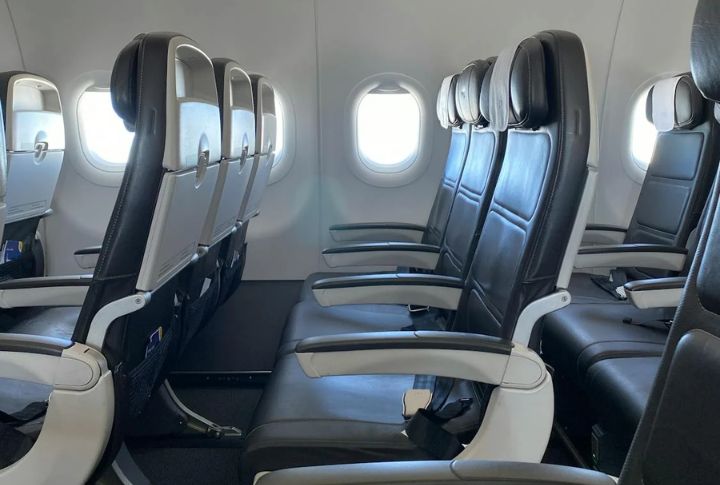
A sudden jolt from behind can ruin any flight, especially when it happens repeatedly. Whether intentional or not, seat-kicking is one of the most universally disliked behaviors. If faced with a persistent kicker, a calm but direct approach (“Hey, I think my seat keeps getting bumped”) can bring awareness to the issue.
The Smelly Traveler

Strong perfumes, body odor, or overpowering food smells can make a confined space unbearable. Scent is subjective, but when it becomes overpowering, it can affect those nearby. In case you’re seated near a particularly pungent passenger, discreet placement of fresh wipes or adjusting air vents can help.
The Loud Music Listener
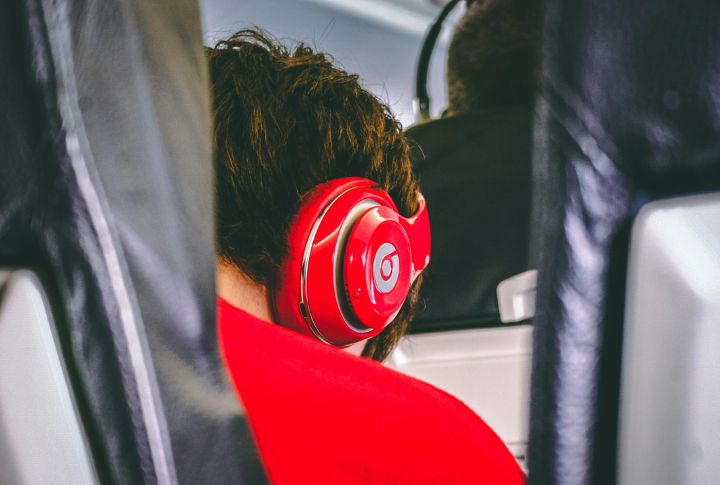
Music is a great way to pass the time. However, some travelers forget their headphones or play their devices at full volume. Unmuted devices create unnecessary noise, disrupting the peaceful environment of the flight. A polite reminder (“Hey, could you lower the volume a bit?”) often works.


